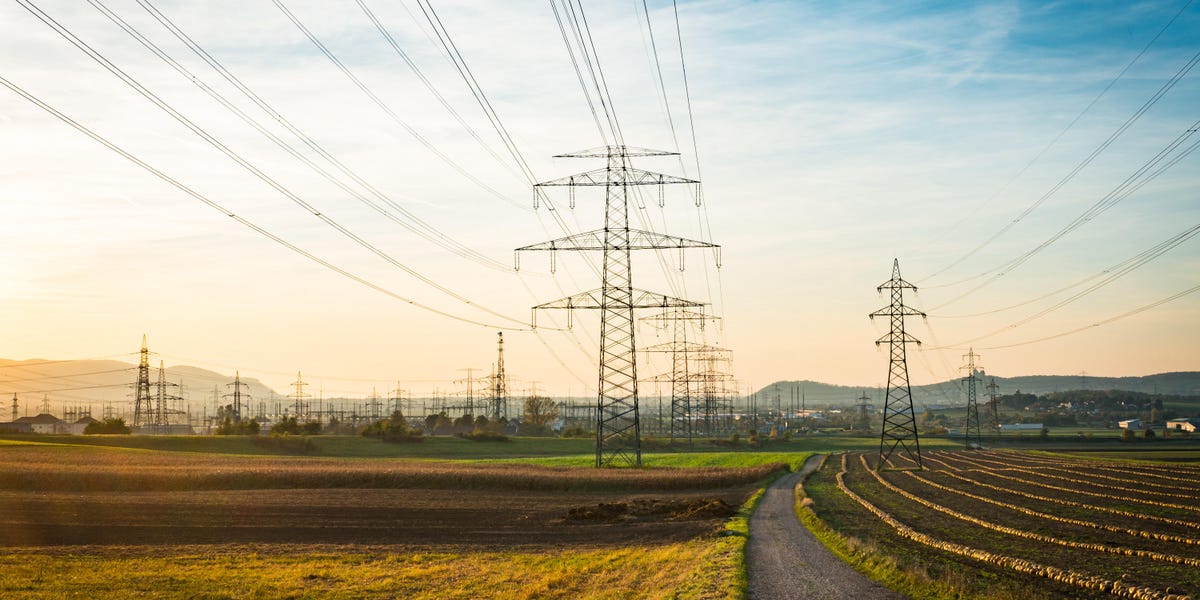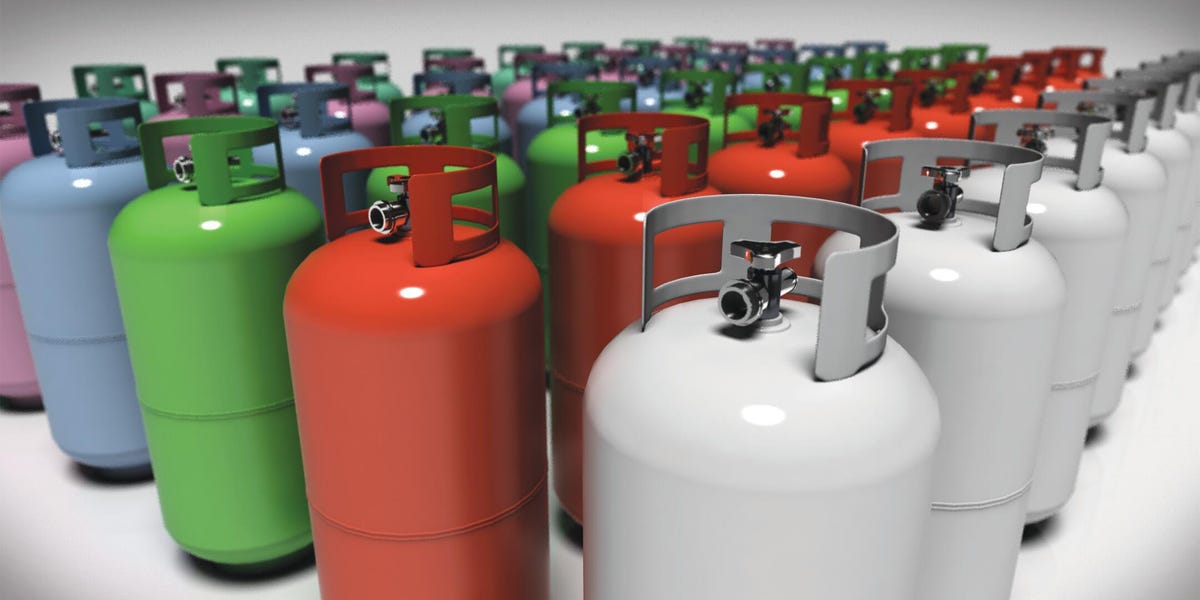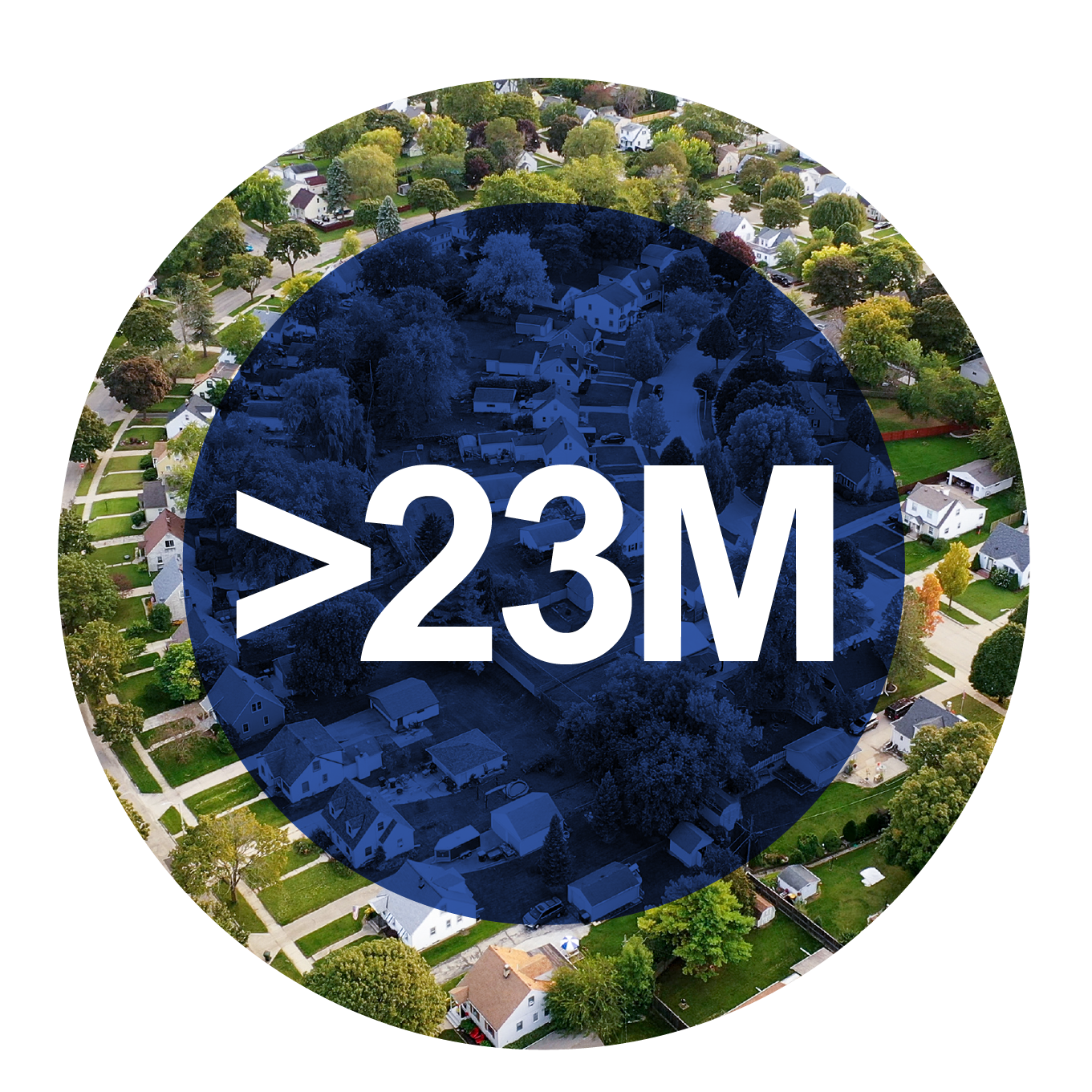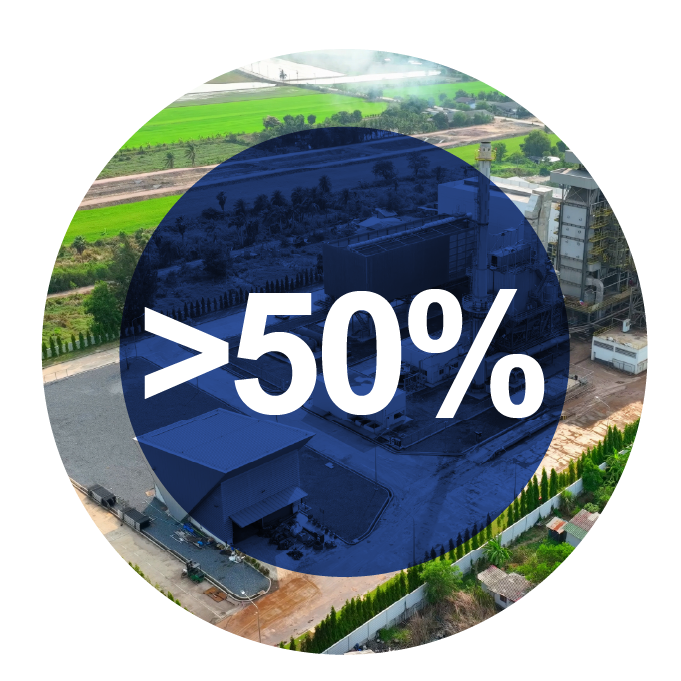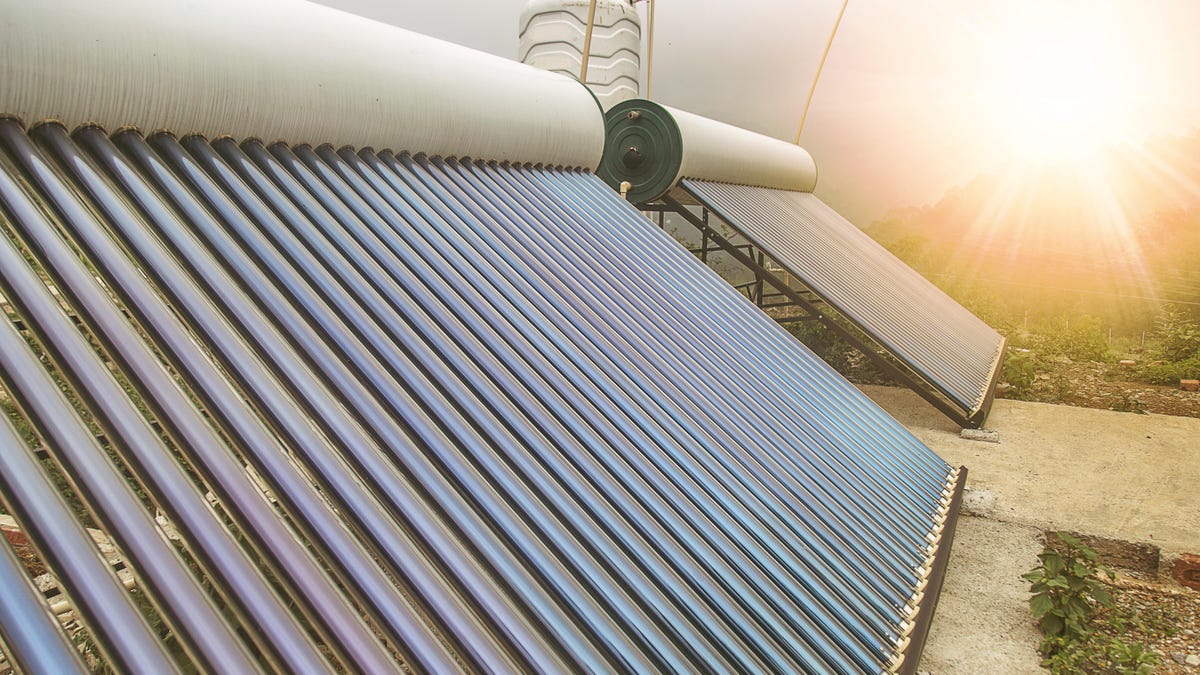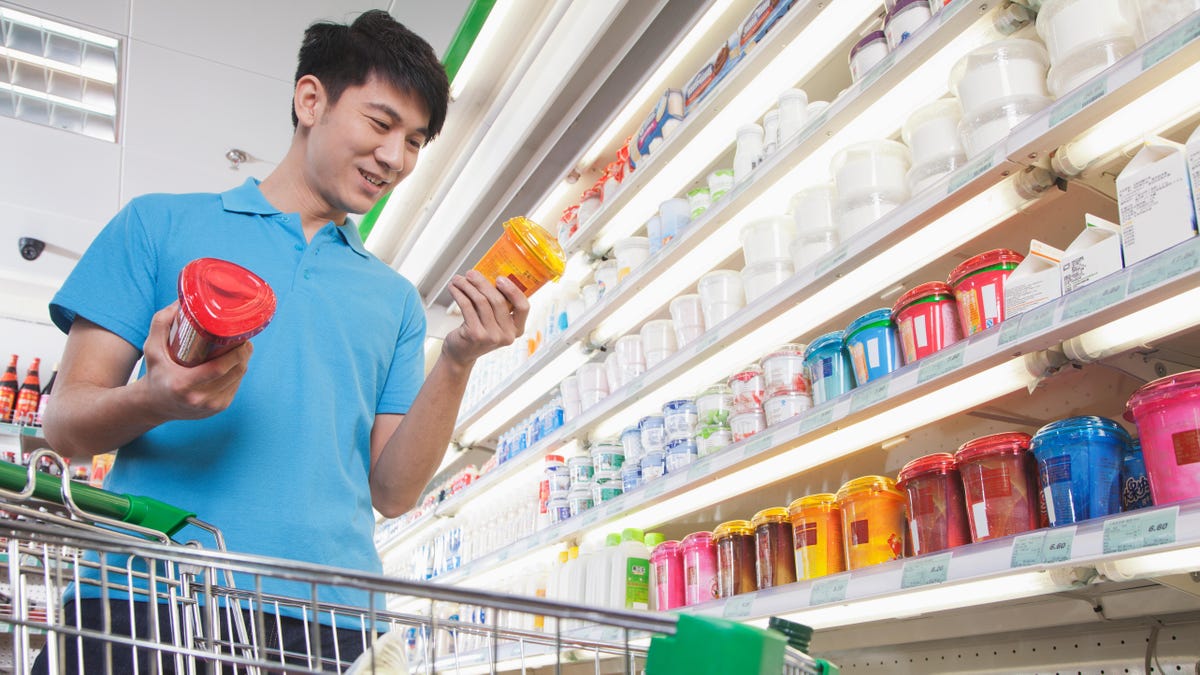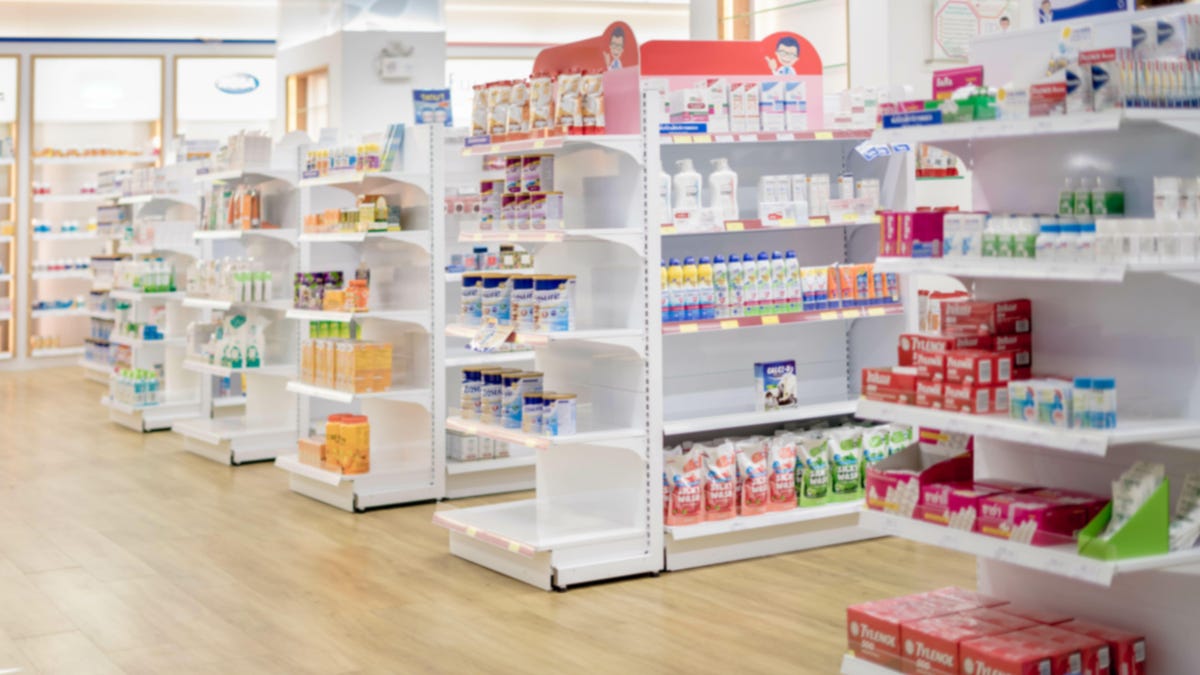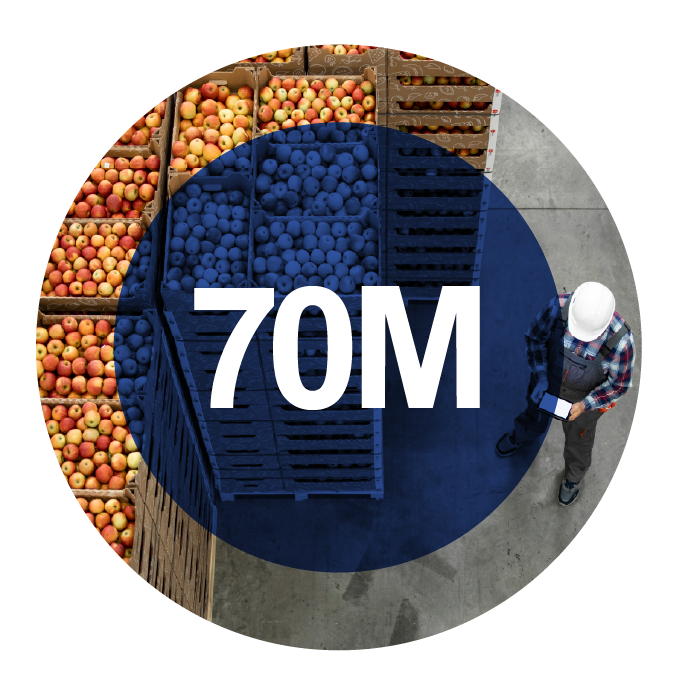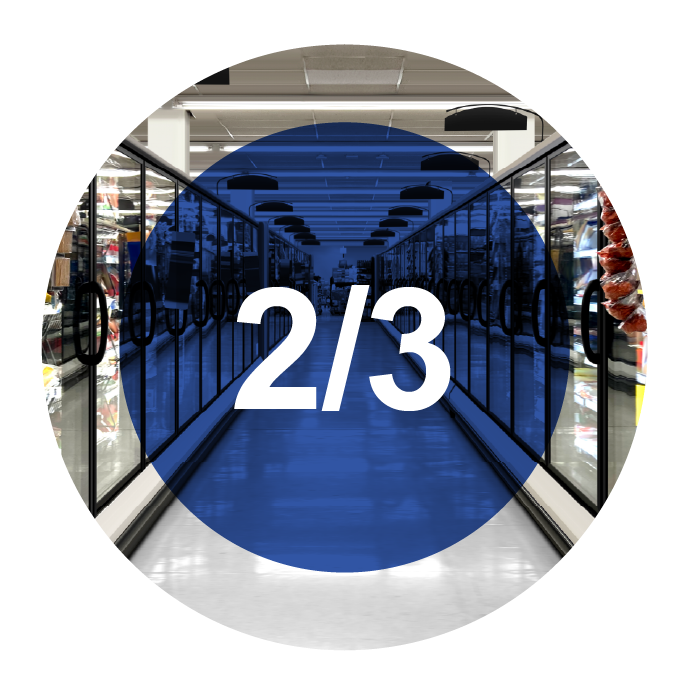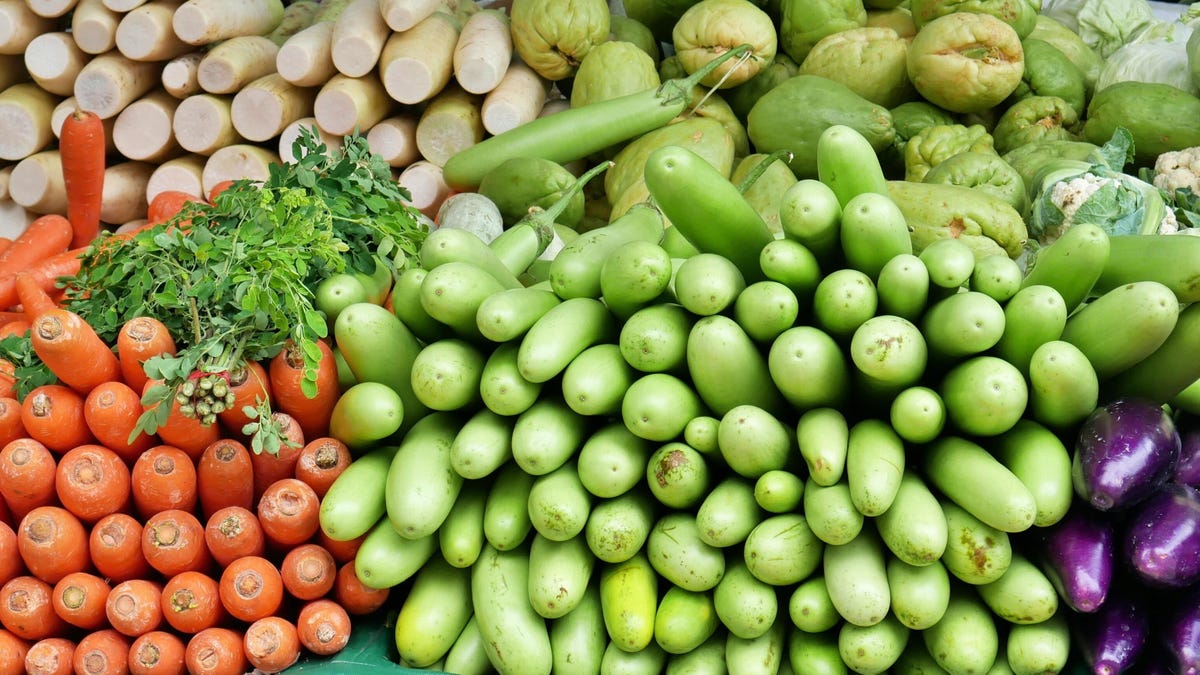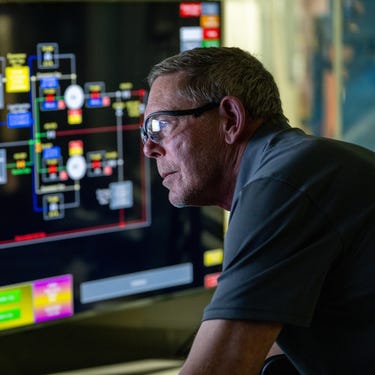Global Impact Report
Discover how Copeland is shaping a sustainable future with our Global Impact Report.
Sustainability is at the heart of Copeland's mission, guiding our efforts to create impactful solutions that improve lives and protect the planet. With a steadfast commitment to reducing carbon emissions, enhancing energy efficiency and championing cleaner technologies, we aim to address the critical challenges of climate change, the energy transition and resource efficiency. Our advanced cold chain solutions ensure the safe transport and storage of life-sustaining goods, reducing waste and supporting global health.
Our global reach and innovative technologies enable communities and industries worldwide to adopt sustainable practices that leave a lasting, positive impact.
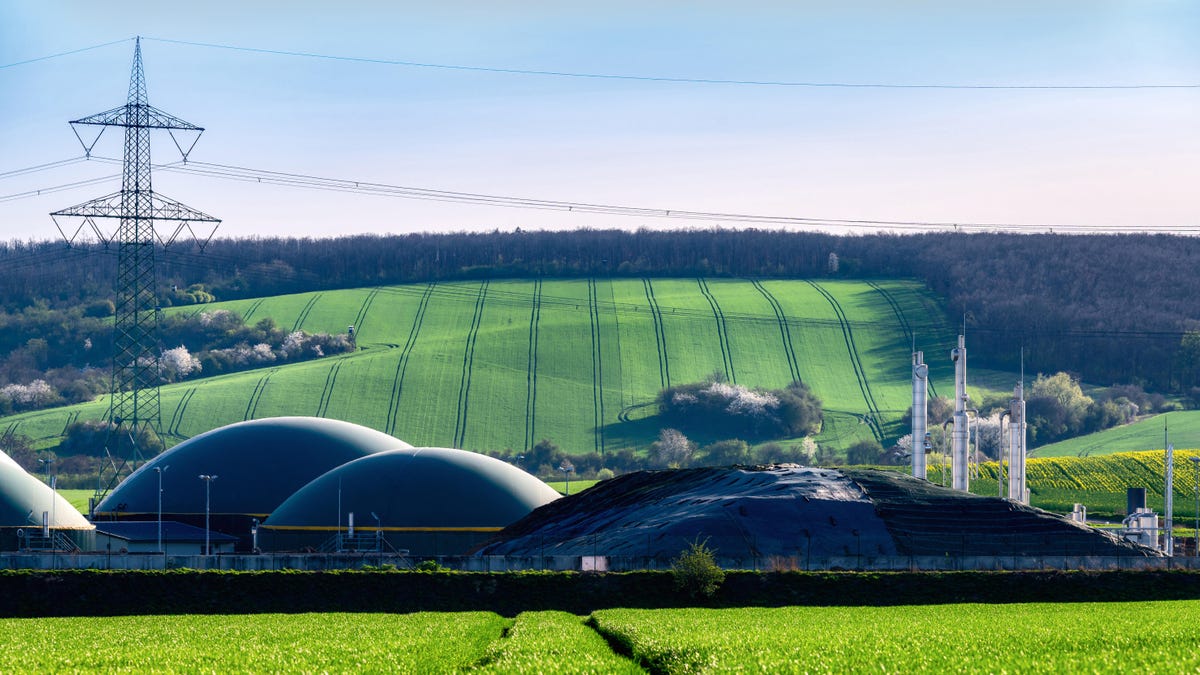
Energy transition
We are stewarding the energy transition across multiple fronts including accelerating global trends in decarbonization and electrification, advancing energy management systems that drive efficiency gains, reducing demand on the grid and enabling the use of fossil fuel alternatives such as renewable natural gas.
Supporting the energy transition
Accelerating the shift to cleaner, more sustainable energy sources is essential for a greener future. Our case studies showcase advanced technologies designed to reduce energy consumption and optimize efficiency across industries.
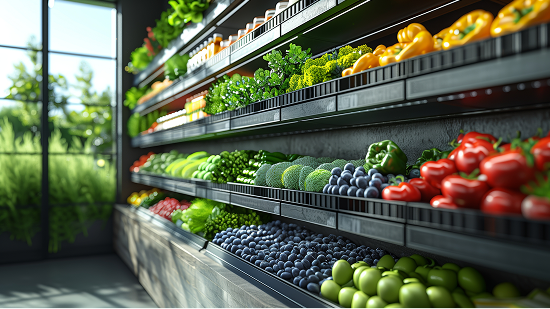
Refrigerant transition
With growing global demand for more sustainable heating, cooling and refrigeration solutions, adopting more climate-friendly refrigerants is critical to minimizing our environmental impact. Copeland is leading this transformation with technologies that support the use of low-GWP (global warming potential) and natural refrigerants like CO2 and R-290.
Advancing the refrigerant transition
A resilient cold chain is crucial to preserving critical goods. In these case studies, see how our cutting-edge systems enhance reliability, reduce waste and maintain safety standards.

Food & pharmaceutical availability
Copeland’s cold chain technologies use precise temperature control and monitoring systems to support the reliable transportation of perishable food and pharmaceuticals. This approach reduces emissions by preventing loss and maximizing landfill diversion.
Safeguarding critical goods through the cold chain
A resilient cold chain is crucial to preserving critical goods. In these case studies, see how our cutting-edge systems enhance reliability, reduce waste and maintain safety standards.
1This page contains a series of company impact statements that use qualitative language and metrics to describe our industry presence and sustainability impact. Learn more about how we determine our impact statements.

